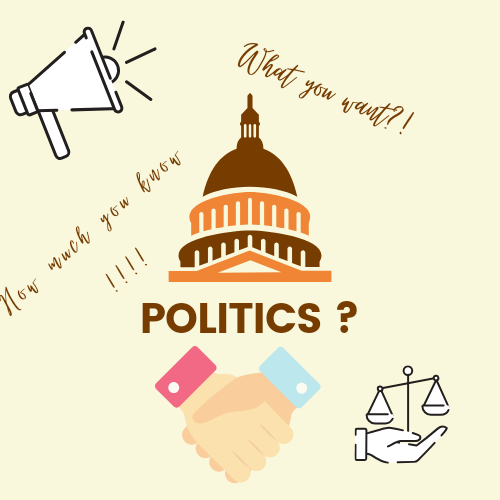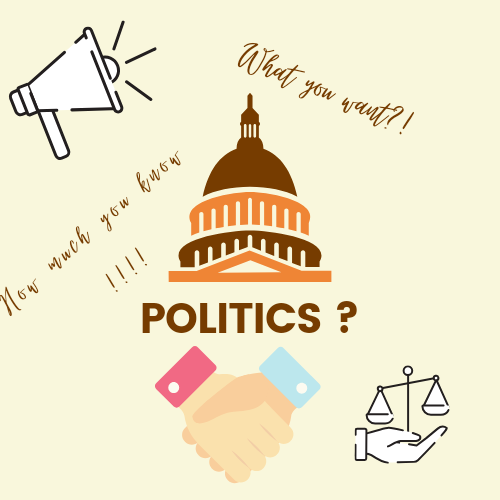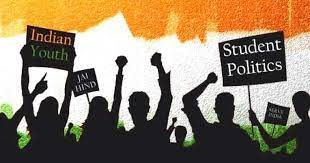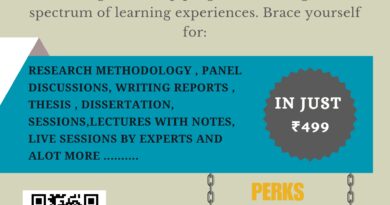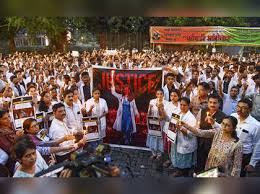Politics: The Art and Science of Governance
Politics is a pervasive force in our lives, shaping the policies that govern societies andinfluencing the decisions that impact individuals on a daily basis. It is both an art and ascience, encompassing the processes by which people collectively make decisions andallocate resources. In this article, we will explore the multifaceted nature of politics, itsessential components, and its role in contemporary society. Because, certainly! Politics isa complex and multifaceted topic that plays a crucial role in shaping the governance of nations.In this article, we will explore the fundamentals of politics, its significance, key politicalideologies, and the challenges it faces in the modern world.Politics is the process through which individuals and groups make decisions that apply tosociety as a whole. It encompasses a wide range of activities, from the formulation of laws andpolicies to the election of representatives and leaders. Politics is an essential aspect of anyorganized society, as it determines how resources are allocated, conflicts are resolved, andpower is distributed.The
Politics influences every aspect of our lives. It affects our access to education, healthcare, andemployment opportunities. It determines the rules that govern our behavior and interactions withothers. Politics also plays a crucial role in international relations, shaping the relationshipsbetween nations and influencing global events.Key Political Ideologies:Various political ideologies guide the beliefs and actions of individuals and political parties.Some of the prominent ideologies include:Liberalism: Emphasizes individual rights, democracy, and free-market capitalism. Favors tradition, limited government intervention, and social stability. Advocates for public ownership of key industries and a more equitable distribution ofwealth.Communism: Calls for a classless society, with the means of production owned collectively.Fascism: Promotes authoritarianism, nationalism, and a strong central government.Challenges in Modern Politics: Modern politics faces numerous challenges, including: Polarization: Divisive political rhetoric and a growing ideological divide have led to increased polarization in many democracies. Political Corruption: Corruption erodes trust in political institutions and can hinder economic and social development. Global Issues: Climate change, cybersecurity, and pandemics require international cooperation, which can be challenging to achieve. Economic Inequality: Disparities in wealth and income can lead to social unrest and undermine democratic principles. Technology and Disinformation: The spread of false information on social media has the potential to influence elections and public opinion. Politics In India Politics in India is a dynamic and complex landscape that reflects the country’s rich diversity and democratic traditions. In this article, we will delve into the key aspects of Indian politics, its historical context, major political parties, and some of the contemporary challenges it faces. Challenges in Indian Politics: Indian politics faces several challenges, including: Religious and Communal Tensions: India’s diverse religious and cultural landscape sometimes leads to tensions and conflicts.
Corruption at various levels of government remains a persistent problem. Economic Disparities: Addressing income inequality and poverty is an ongoing challenge. Security Concerns: India deals with regional security issues, including conflicts with neighboring Pakistan and China. Environmental Issues: Managing environmental degradation and climate change is crucial. Conclusion: In conclusion, politics is the driving force behind the decisions that shape our societies. It encompasses a diverse range of ideologies and faces numerous challenges in the modern world. Understanding the fundamentals of politics is essential for informed citizenship and for addressing the pressing issues that affect us all. Indian politics is a vibrant and evolving arena that plays a significant role in shaping the country’s future. As India continues to grow as a global player, it faces numerous challenges that require the active participation of its citizens and leaders to address effectively. The democratic principles upon which the nation was founded continue to be tested and adapted to meet the evolving needs of a diverse and dynamic society.


